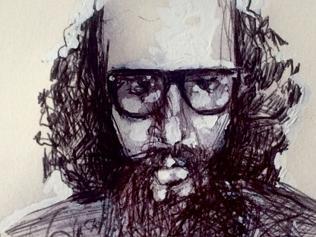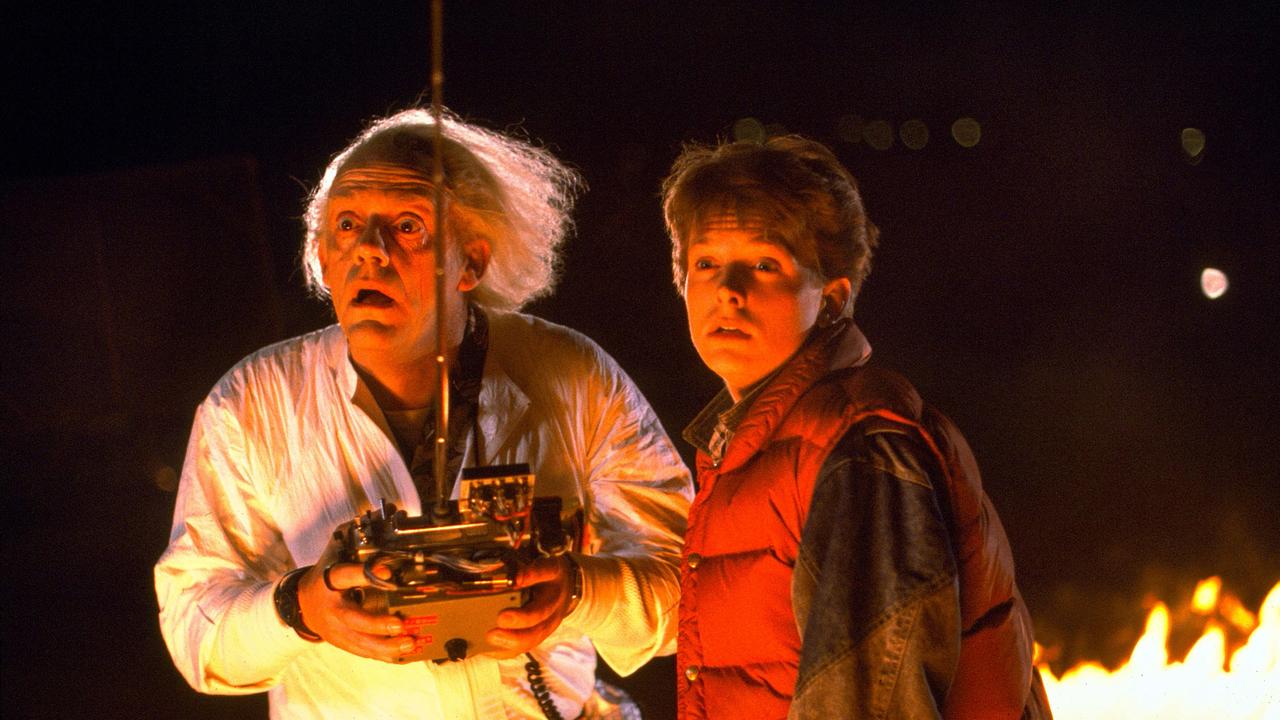Poetry anthology Bareknuckle has Howl at its heart
Bareknuckle Poet: Annual Anthology 2015 is not as pugilistic as its name might suggest.

The advent of a new Australian literary magazine is almost always welcome. Well-established journals such as Meanjin, Southerly, Westerly and Island have managed to survive for decades (sometimes half a century or more) but always with difficulty. Others such as Quadrant, Overland and Griffith Review, despite their overriding social and political concerns, have provided important venues for emerging (and vanishing) poets and fiction writers. It is easy to smile at Frank Moorhouse’s jibe that “Meanjin” is an Aboriginal word meaning “rejected by The New Yorker” but the annoying truth of it does not make Meanjin and its cohorts any less important.
It may also be instructive in this context to recall that Meanjin originated in Brisbane. The editors of Bareknuckle Poet: Annual Anthology, Brentley Frazer and AG Pettet, have substantial track records in Brisbane and much of the writings in this collection have that city’s subtropical atmosphere and a strong sense of the Brisbane River winding through it.
On the other hand, Frazer and Pettet clearly have national and international ambitions. As well as a miscellaneous section of poetry sourced from Melbourne, Sydney and elsewhere, they have sections devoted to the poetry of cities where, at the editors’ instigation, 60th-anniversary performances of Allen Ginsberg’s Howl were staged: Brisbane, Sydney, Launceston and London. The anthology’s selection of fiction and nonfiction has a similar range — but again, Brisbane is prominent.
The centrality of Howl to the anthology is no accident. The poem is reprinted in full and the circumstances of its first public reading at the Six Gallery in San Francisco on October 7, 1955, are described in somewhat breathless terms: “At 11pm a young, nervous and quite drunk Allen Ginsberg mounted the stage and changed the face of poetry forever.’’
While Howl may not have “changed the face of poetry forever”, it was, perhaps unfortunately, rather influential in the Anglosphere over the next few decades. The beats in general, and Ginsberg in particular, provided a timely antidote to the prevailing “apple-pie/ whitegoods” ideology of the era but there were other more substantial American poets among Ginsberg’s near contemporaries (Robert Lowell, Sylvia Plath and Robert Bly, to name just three) who probably had a more profound impact in the longer term. Ginsberg himself also wrote other, less melodramatic poems of more subtlety, such as A Supermarket in California and America.
It is interesting too that the Bareknuckle editors include the poem read immediately after Howl at the Six Gallery in 1955, Gary Snyder’s A Berry Feast, which is arguably more even and fully achieved than its predecessor — and, incidentally, a forerunner to much of today’s eco-poetry.
Another, not unrelated, theme running through much of this anthology is a sort of fin-de-siecle decadence, spilling over at times into contemporary grunge. There are 26 pages of Baudelaire translated by Jim Nisbet and recurrent images of the young Arthur Rimbaud, drawn (very effectively) by Julian Peters. There are also several stories and poems where the sexual dimension — and the alcohol — are very much up-front. Mandy Beaumont’s story And They Wanted Us to Love Them is a memorable example.
Perhaps defensively, the editors assure us in their introduction, “This is not a ‘best of’.” Rather, it is a “selection of poetry, fiction, creative nonfiction and scholarly writing that represents Bareknuckle Poet’s maxim: Culture is The Real Currency”. The decadence noted above is, admittedly, only part of the story. The anthology also contains articles as diverse as a travelogue by Lindsay Simpson and an extended ars poetica article by Zoe Fraser on the artistic debt she owes to Bruce Springsteen. Other nonfiction pieces include Currawongs, a disconcertingly honest piece about how a New Zealand writer, living in Australia, was awarded a NSW Premier’s Literary Award for nonfiction (valued at $40,000) only to have it taken away again.
Although fiction and nonfiction inevitably take up many of the book’s 346 pages, this remains essentially a poetry anthology — and one without a particular agenda other than that the poems square with the editors’ taste. Further parameters can perhaps be deduced from the Bareknuckle website: “We favour the cutting edge over the blunt of the handle, the avant-garde over backward walking.” Fortunately, the editors do not enforce this view too rigorously. One of the best poems here is Alan Wearne’s Ballade for Alan Gould, which obeys all the rigours of the old French form while being ingeniously amusing. It is hardly avant-garde — although the editors do resolutely misspell Wearne’s name throughout.
Other well-known poets represented include Robert Adamson and Anthony Lawrence. Adamson’s autobiographical anecdote, The Long Bay Debating Society, is wittily straightforward. Lawrence’s The Ceiling of an Umbrella Shop is rather more surreal but not essentially dissimilar. A typical Lawrentian touch can be detected in his sentence: “And there, as if to offer comfort / we found grief to be nothing / but sleight of hand, and madness no more / than a stretch of septic weather.”
A further benefit to be expected from such anthologies is the discovery of poems from poets previously unknown or not often heard from. An engaging example of the latter is Cameron Hindrum’s Births, a portrait of an expectant father. “ ... pale / chalky ultrasound outline stuck / for months to the fridge, i see you when i get / the milk”. Comparable sentiments can be felt in the last lines of Cranium Universe by Reg Mombassa, better known as an artist and musician. “Somewhere in this particle soup / lie bits of my mother, / waiting to be reassembled: / put together again / and rebaked in some distant kitchen.”
As these excerpts suggest, Bareknuckle Poet: Annual Anthology 2015 is not as pugilistic as its name might suggest. It would be impossible to enjoy everything in it, but the reader who can find nothing to warm to here would be a curmudgeon indeed.
Geoff Page edited Black Inc’s The Best Australian Poems 2015.
Bareknuckle Poet: Annual Anthology 2015
Edited by Brentley Frazer & AG Pettet
Bareknuckle Books, 348pp $25


